
Project by
Sean Kantrowitz

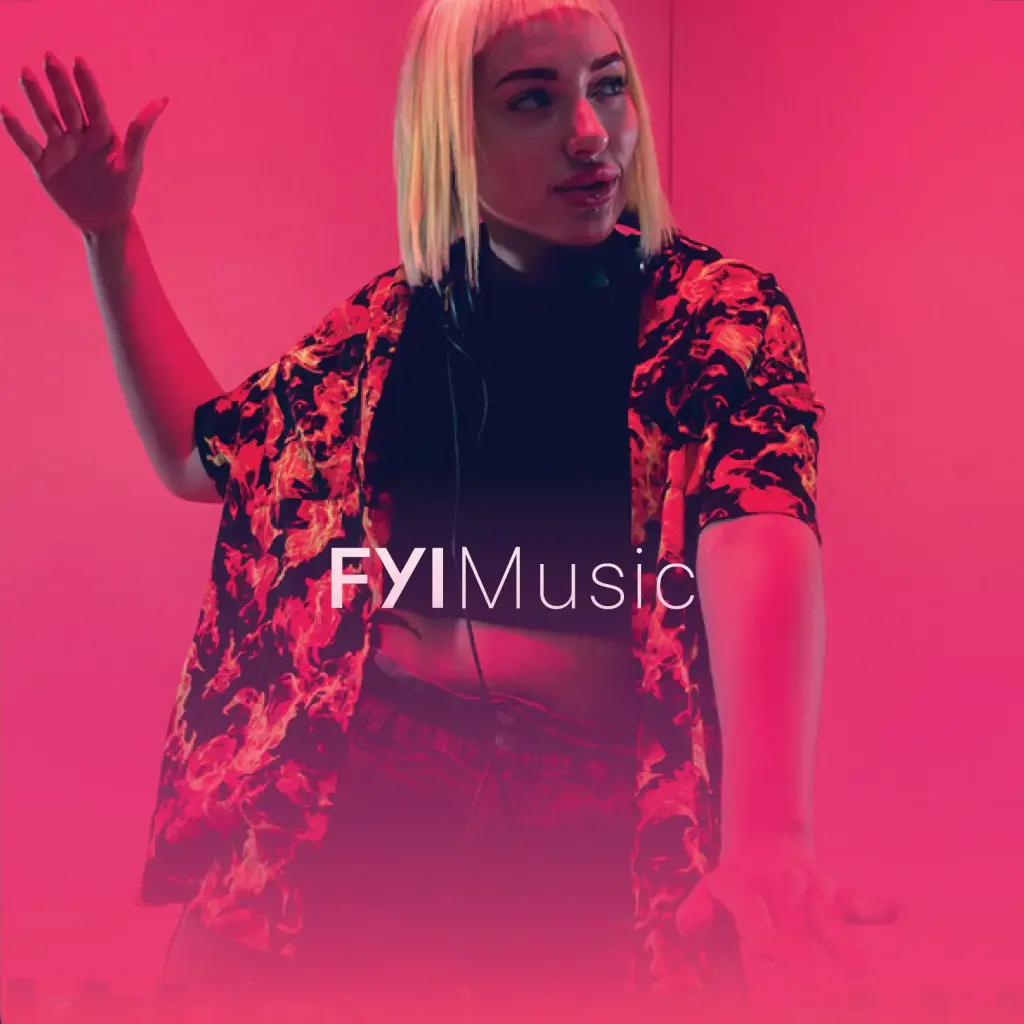
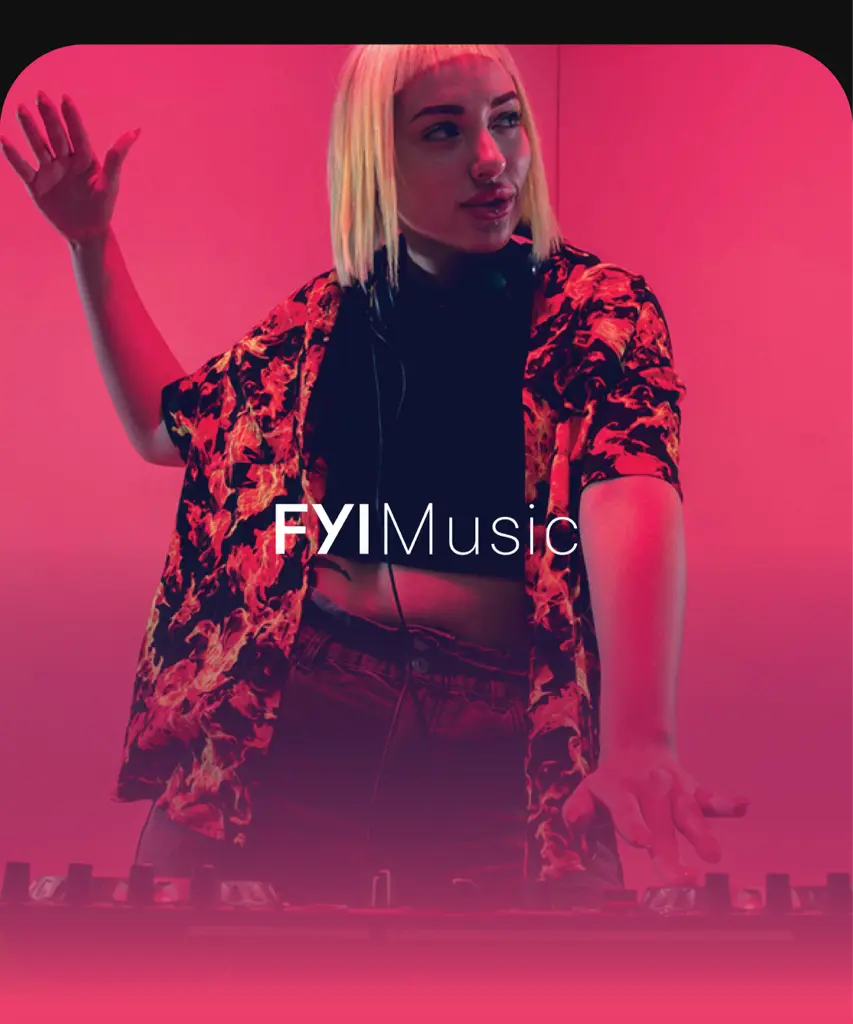
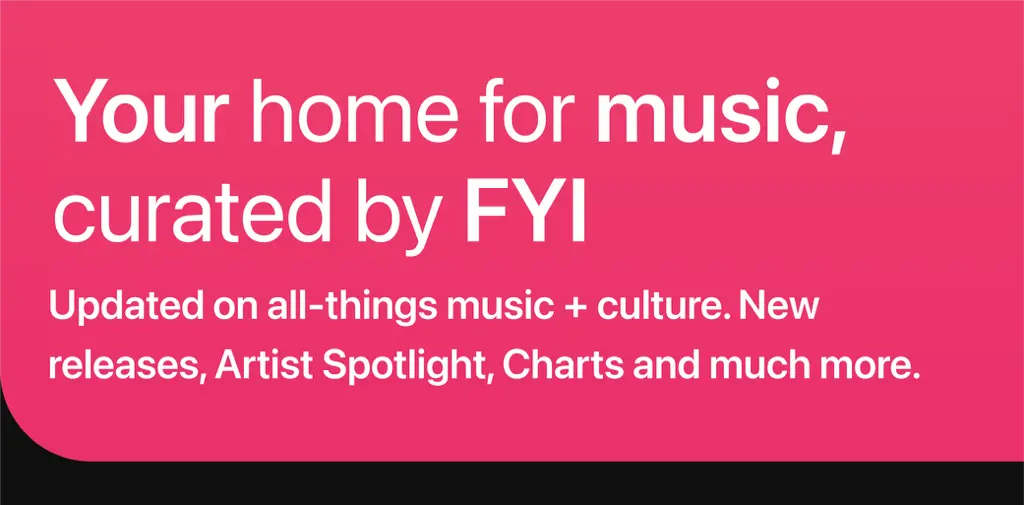

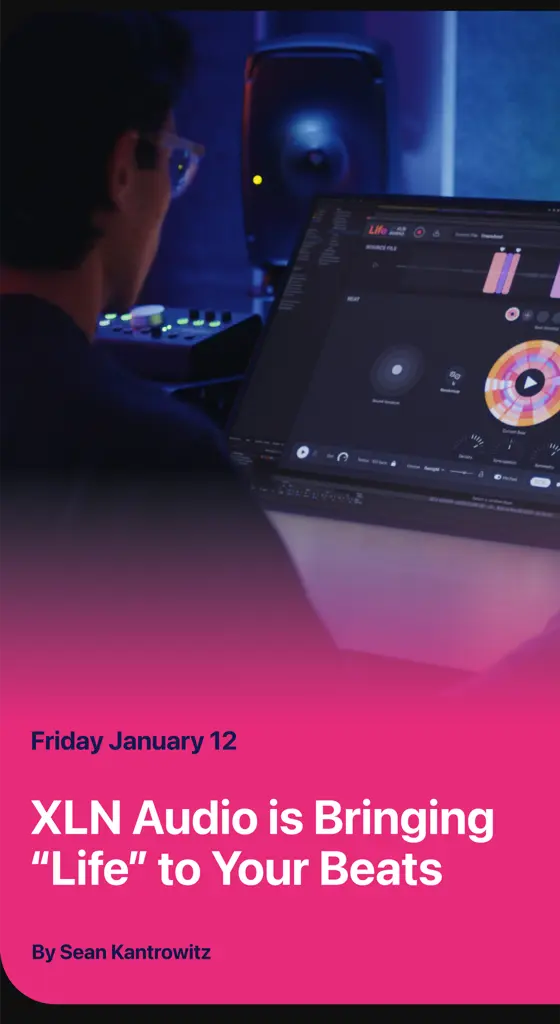
Sampling has long been a staple of music-making. And now a new audio plug-in software from XLN Audio has made the process not just lightning fast – but also highly personal.
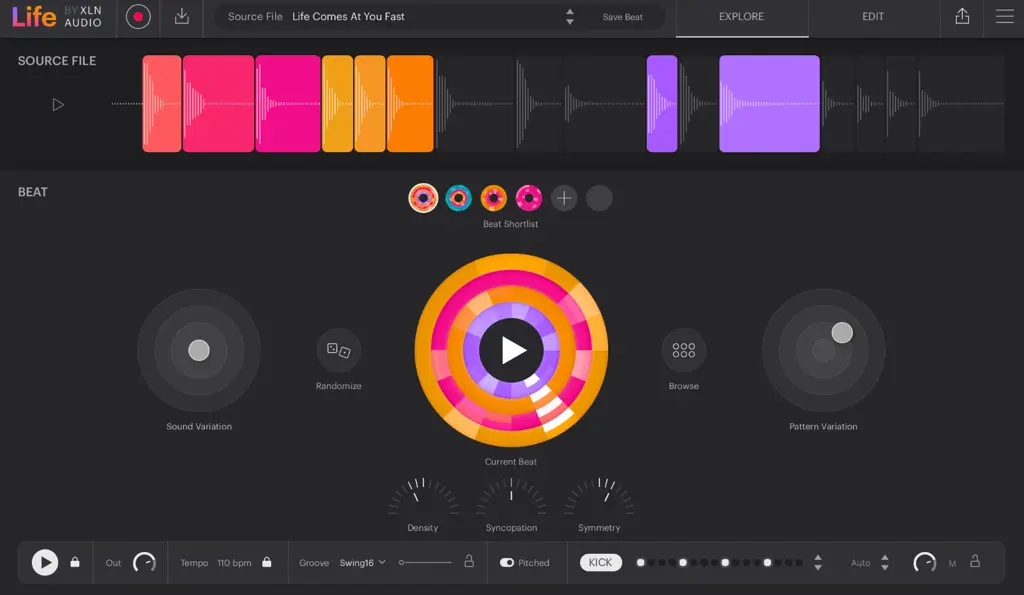
The plug-in – called Life – utilizes a mobile Field Recorder that basically makes the entire world a sample source. Users can record video or audio – instruments, ambient sound, literally anything – on their phone and sync their recordings with the Life plugin in their DAW.
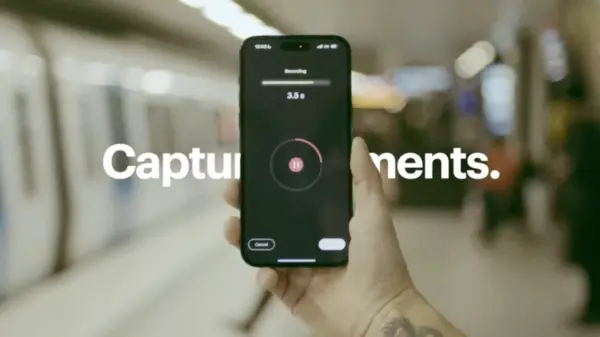
Once the sample is loaded, users can then generate a nearly infinite number of beats as the audio is randomly sliced and manipulated. The musical results can be the leading component of a track, a cool idea-starter, or the pulse of a composition.
XLN’s latest is just another example of the ways in which technology is accelerating the way that creatives make their art. While the sampling process was once a tedious and time-consuming process, Life now makes it an almost-instantaneous experience.
Learn more about Life:

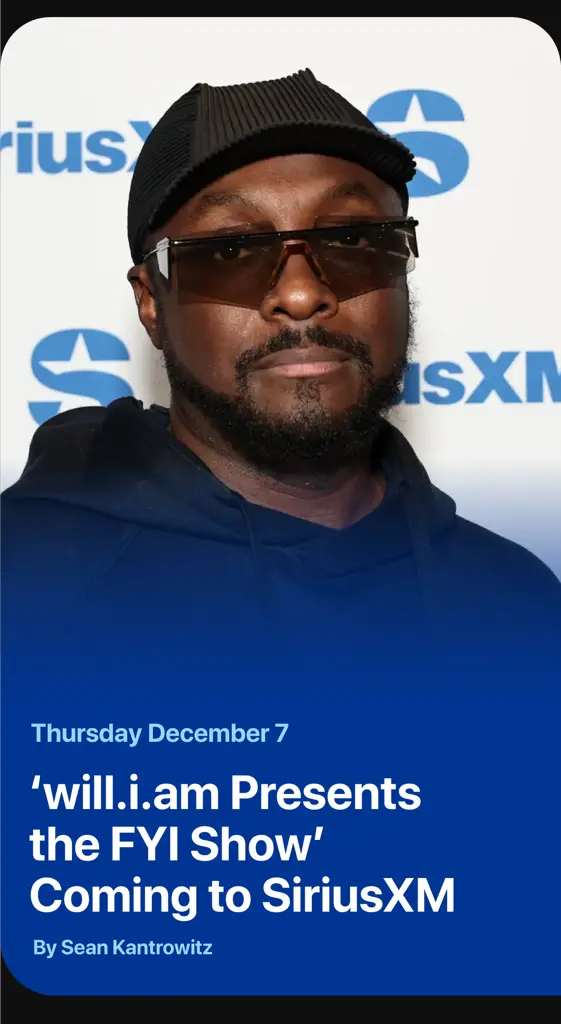
We’re excited to share that will.i.am will launch an exclusive SiriusXM show ‘will.i.am Presents the FYI Show’ in January 2024 on SiriusXM’s The 10s Spot (channel 11).
‘will.i.am Presents the FYI Show’ will be hosted by will.i.am, showcasing the latest in AI innovation and AI-powered interactive projects. Each week the show will take listeners on a deep dive into the intersection of pop culture, music, entertainment, world news, and technology, featuring thought-provoking conversations, hilarious games, the hottest new music, and interviews with the brightest stars making culture happen today.
The interactive show will be driven through FYI, and listeners can keep the movement going by joining the Show Project on FYI, giving the audience access to episode content, bonus materials, discussions with other listeners and engagement with AI.
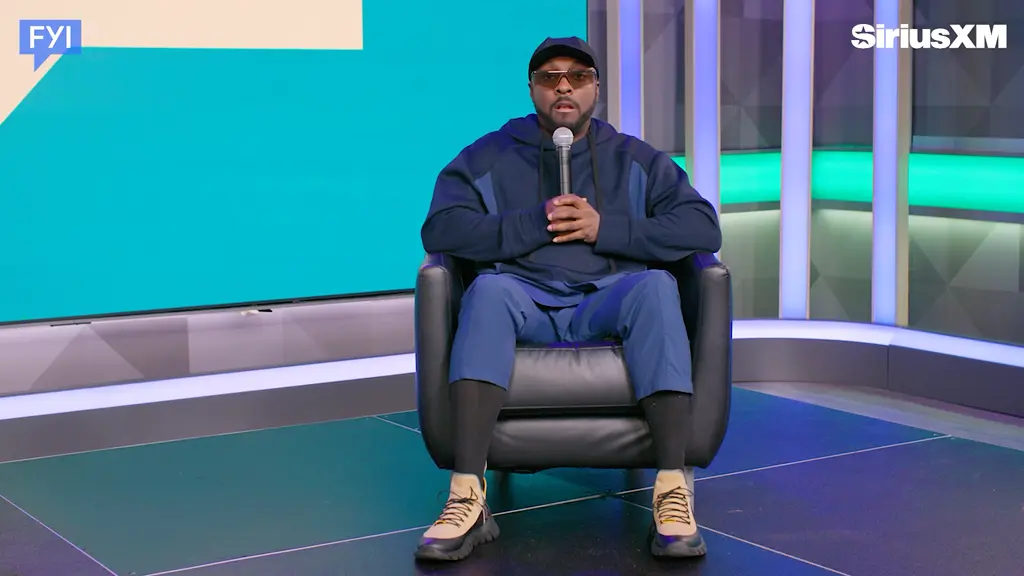
A special preview of the new show was recorded with will.i.am in front of a live audience this week at the SiriusXM Miami studios. Subscribers will be able to tune into this content in car and on the app upon show launch in January.

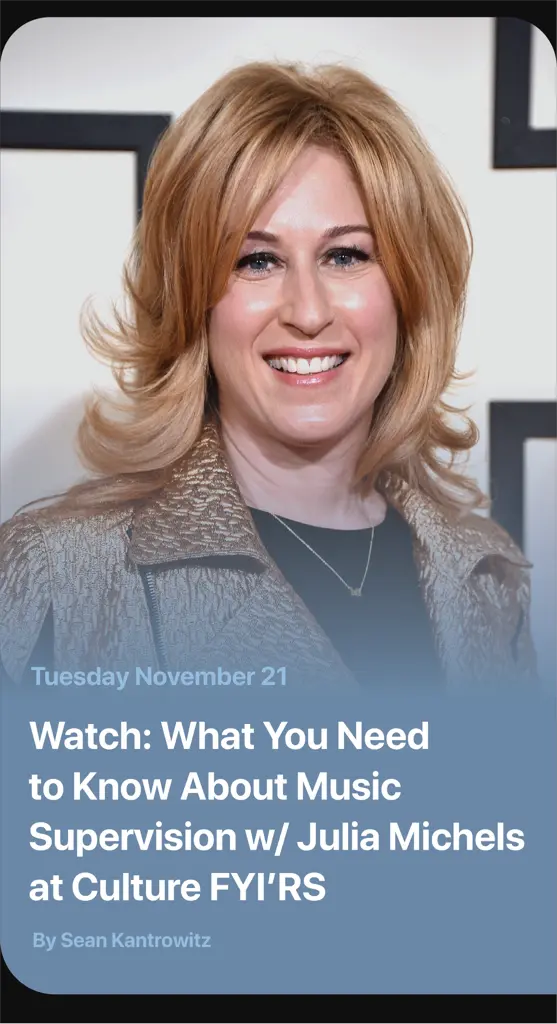
We took an inside look at the world of music supervision at last week's Culture FYI'RS with guest speaker and Grammy award-winning music supervisor Julia Michels. And now you can watch her presentation below:
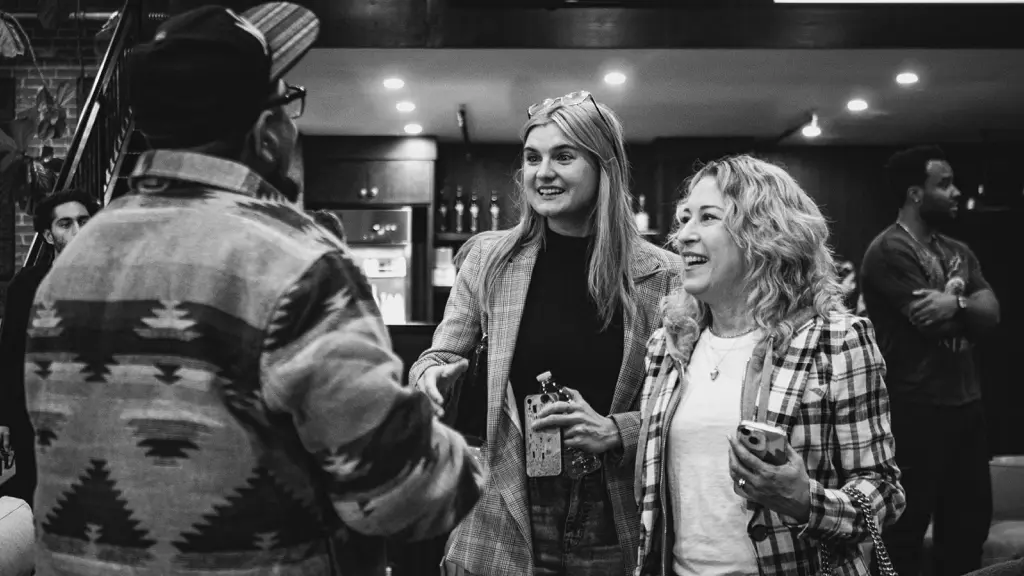
Julia has amassed numerous accolades and worked on an incredible array of film projects throughout her career. The films she has contributed to have garnered critical acclaim and generated $2 Billion in worldwide ticket sales. Her credits include A Star Is Born (for which she won a Grammy in 2020), Cocaine Bear, The Devil Wears Prada, The Blind Side, the Pitch Perfect franchise, and all four Diary of a Wimpy Kid movies.
In addition to her work as a music supervisor, Julia is the President of the LA Chapter of the Recording Academy, a member of the Motion Picture Academy, and on the Advisory Board for We are Moving the Needle, an organization specifically created to support women in all aspects of the recording industry.
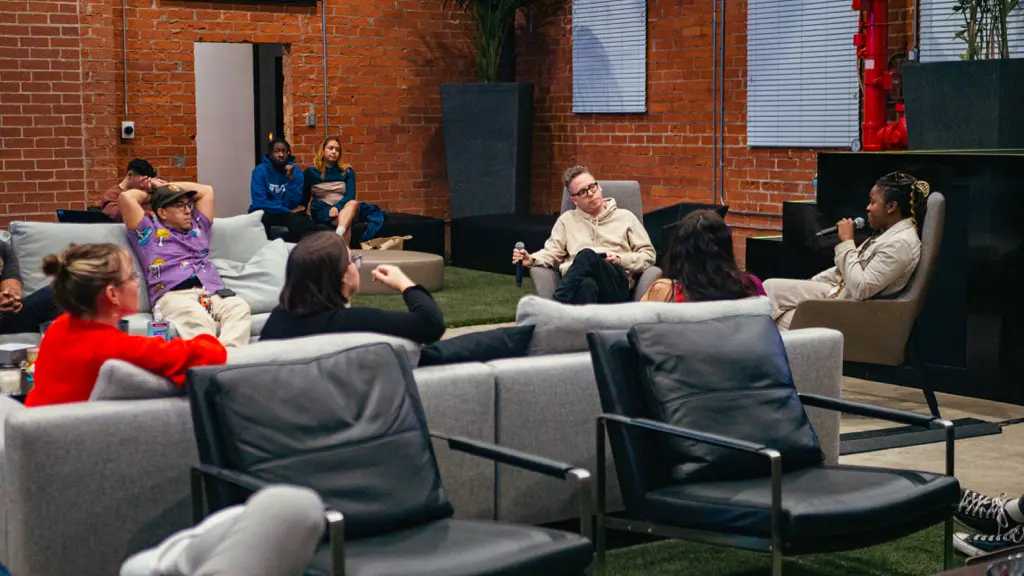
For our Open Project Night, we saw presentations from artist/NFT advocate Dyl and director/writer/podcaster Tayo Amos. You can watch interviews with them in the above media project and also check out their projects here:
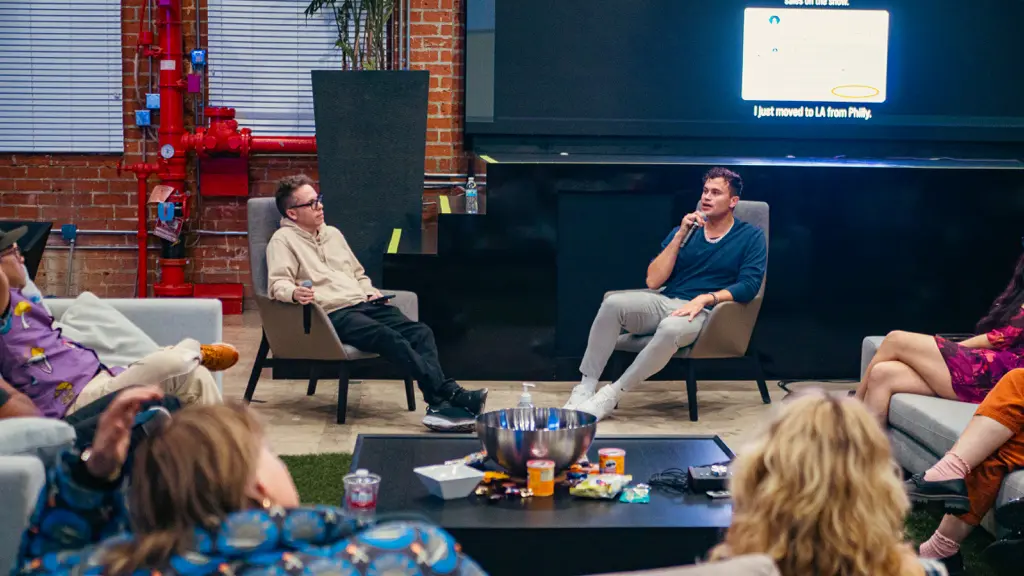

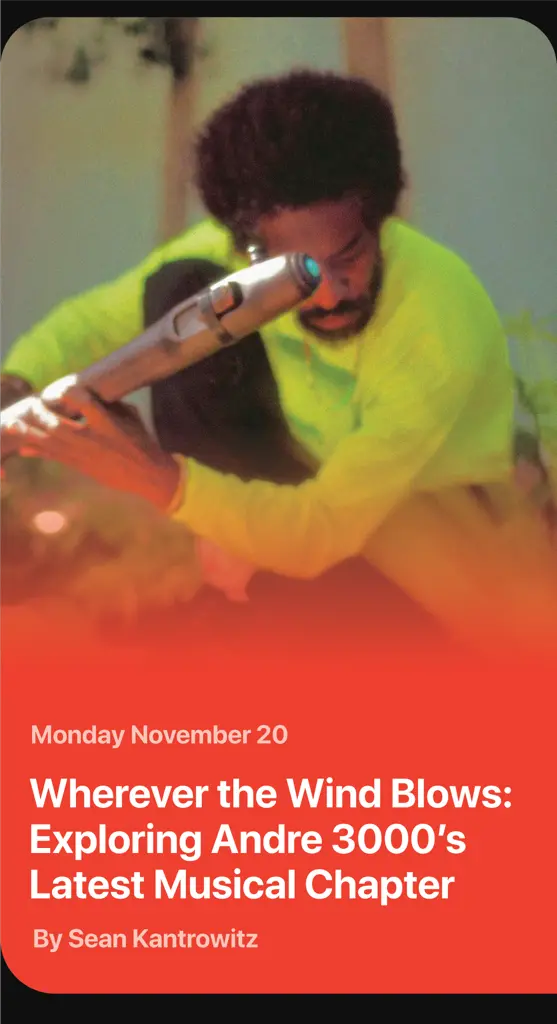
Who would have thought we’d all be talking about flutes this week?
We can thank Andre 3000 – one-half of legendary hip-hop group Outkast and something of a recluse in the music industry, having not released music of his own since his group’s Idlewild soundtrack in 2006.
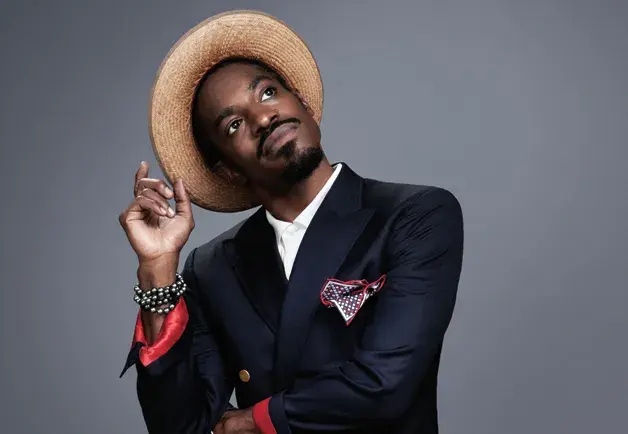
Dre caught the world’s attention last week when he announced he was releasing New Blue Sun – an album of new music but not exactly what fans might expect from the artist.
New Blue Sun features no rapping. In fact, it doesn’t feature vocals at all. The album is an instrumental effort and certainly doesn’t adhere to any of the music that Andre has done in the past. It’s meditative, it’s ambient, it’s jazz in its most free form, and it certainly wasn’t on anyone’s Bingo card for new Andre 3000 music in 2023.
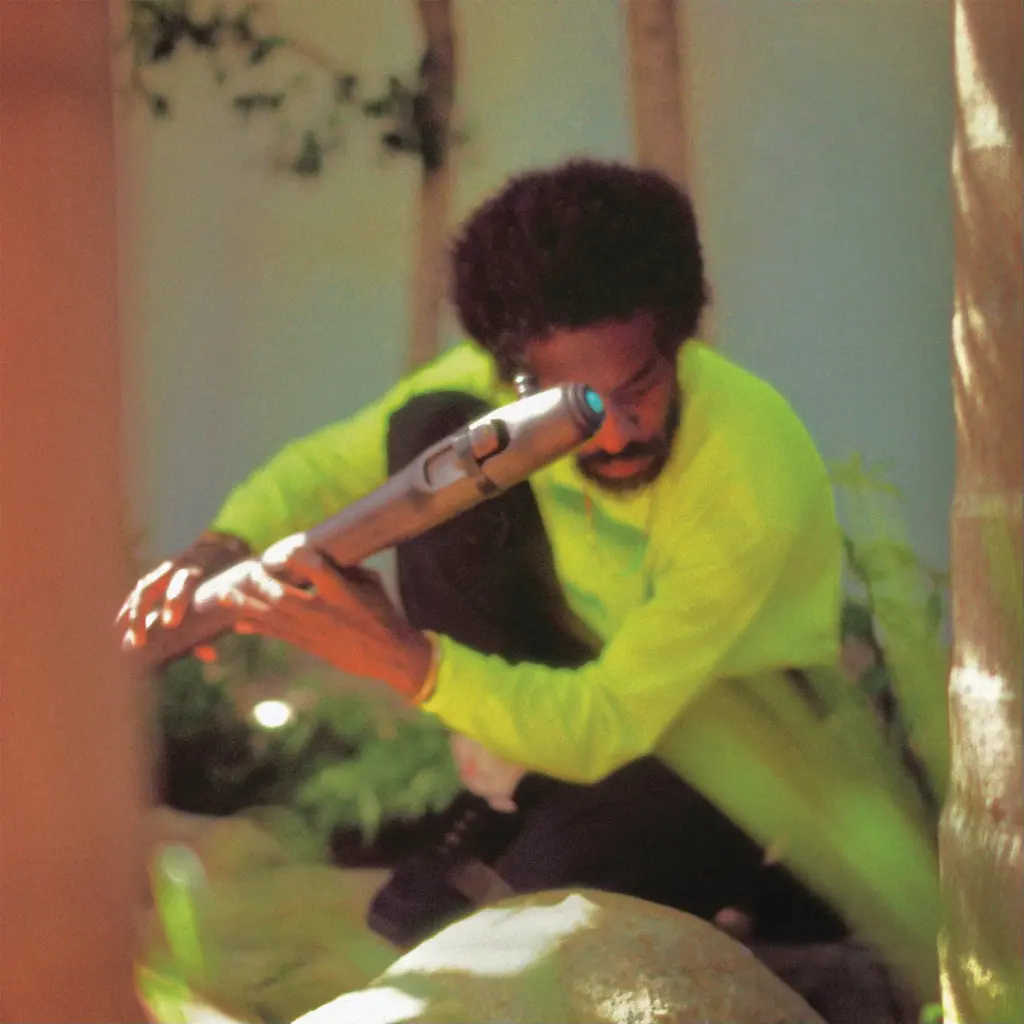
…that is, unless you’ve been paying attention to clips that have popped up over the years of the chart-topping, incredible emcee playing his flute in public spaces around the world. Nonetheless, fan reaction has been across the spectrum in the days since its release, with some confounded by the new direction while others are fully on-board with the sounds, especially coming from an artist who has often defied being put in a box throughout his career.
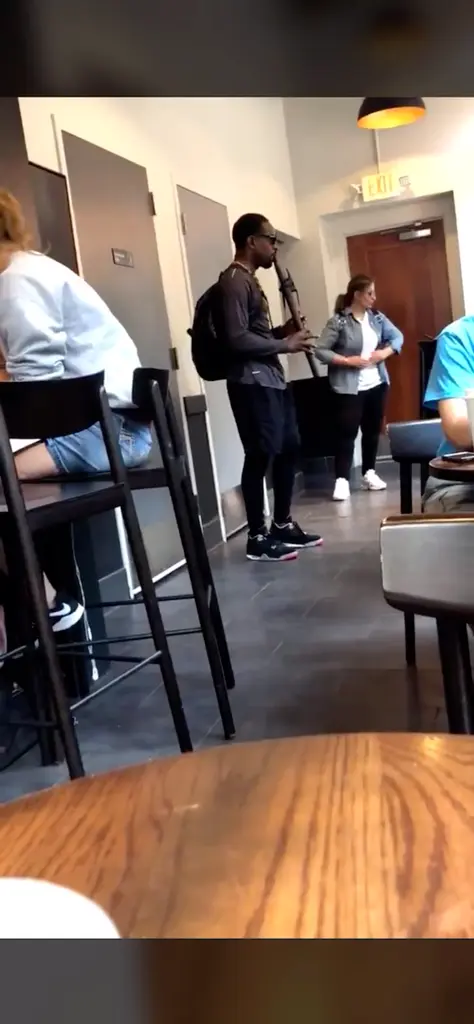
The switch from hip-hop to ambient, flute-driven jazz may be a bit of a leap, but it’s not completely unprecedented in the pop culture space. Here are a few other artists who have successfully switched things up in their careers – and we’re ranking the scale of the pivot they have made on a 5-flute scale system.
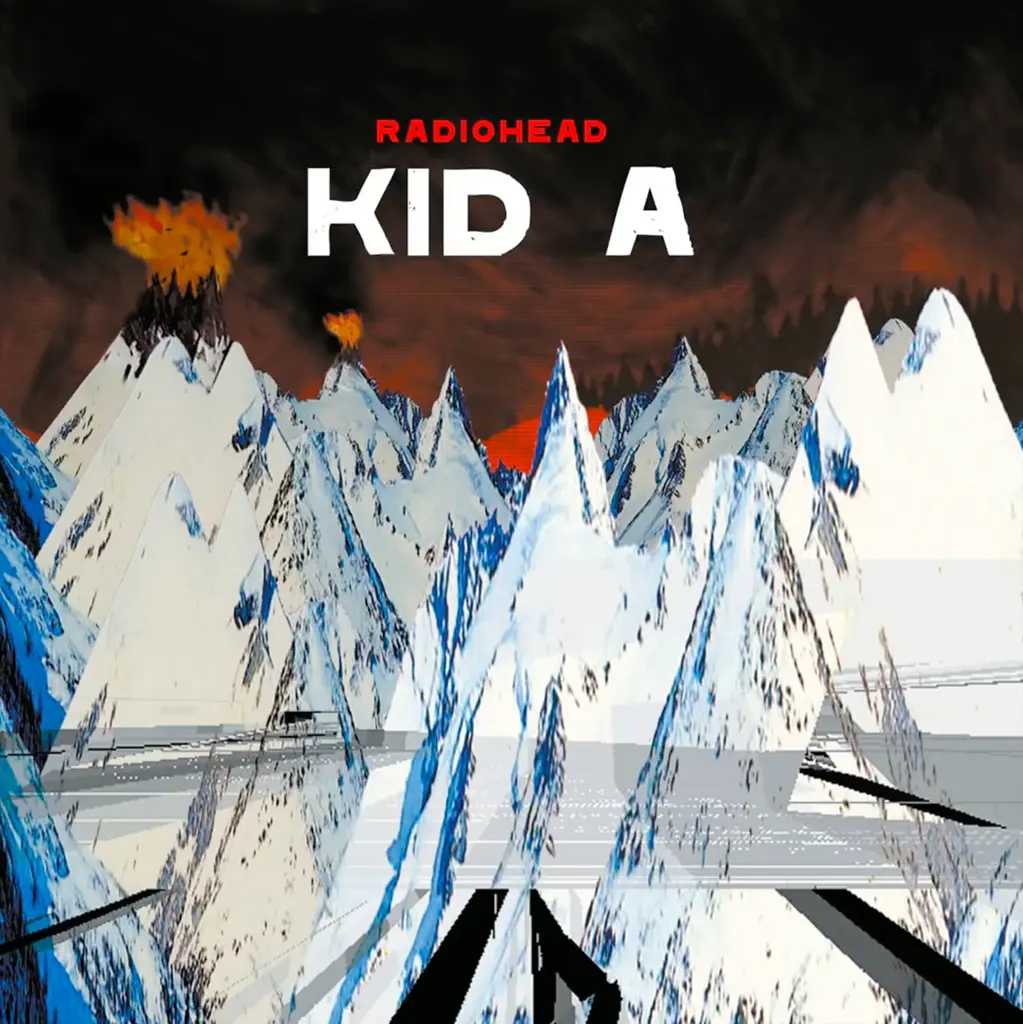

With their 2000 album Kid A, Radiohead swerved from their critically-acclaimed brand of alternative rock towards more experimental electronic music, putting down guitars and utilizing drum machines and samplers.
Flute score: 🪈 🪈 🪈 🪈


Kanye West fourth album 808s & Heartbreak took the rapper/producer’s love for AutoTune to a whole new level, ditching raps and going full on electro-pop. In many respects, this change in style would go on to influence huge artists like Drake, Kid Cudi, Frank Ocean, and everyone who would follow in their footsteps.
Flute scale: 🪈 🪈 🪈 🪈
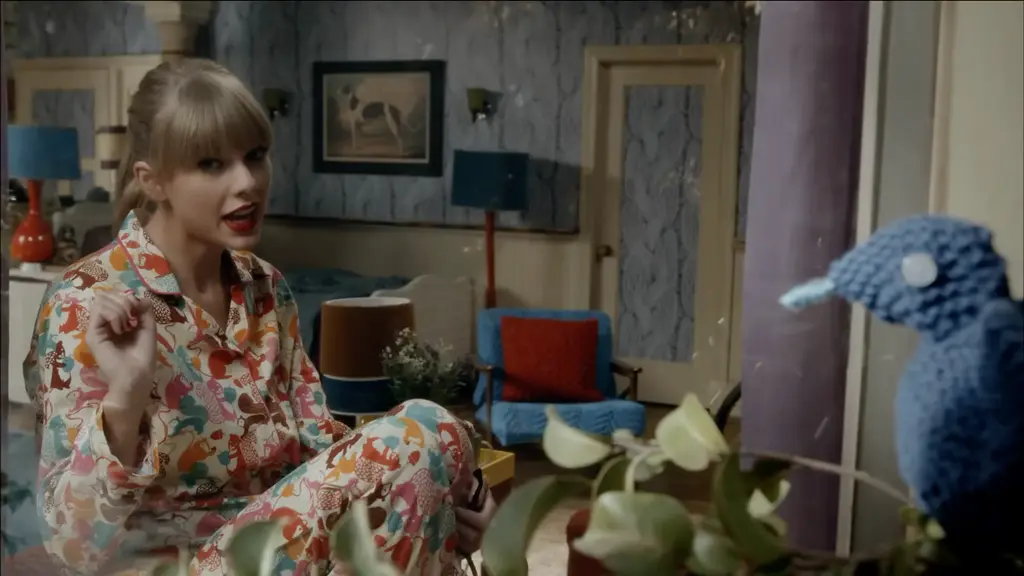

Taylor Swift’s shift away from traditional country music had been gradual throughout her career, but her fourth album Red in 2012 found the singer working with producers like Max Martin and Butch Walker and expanding her sound towards full-on pop. The rest was history.
Flute scale: 🪈 🪈 🪈
![Snoop Lion - Smoke The Weed ft. Collie Buddz [Music Video].mp4](https://fyi.me/files/download/Nl07UMcT_7J6TxTaoYRNOKFHh6oVQlC-Zrt0CZEpyto=/kziX5I-7OiV4JYCyHH5oaKqAbGtoh0x1Jn6WbUTx9d8=_thumb.webp)

It may have been short-lived, but there was a period of time where Snoop Dogg converted to Rastafari and released a reggae album under the name Snoop Lion. This was probably not too far out of the chronic weed-smoker’s wheelhouse, but those expecting the typical west coast G-Funk vibes that put the rapper on the map got treated to a Jamaica-fueled trip through dancehall and reggae fusion.
Flute scale: 🪈 🪈
What do you think of Andre 3000’s new album?

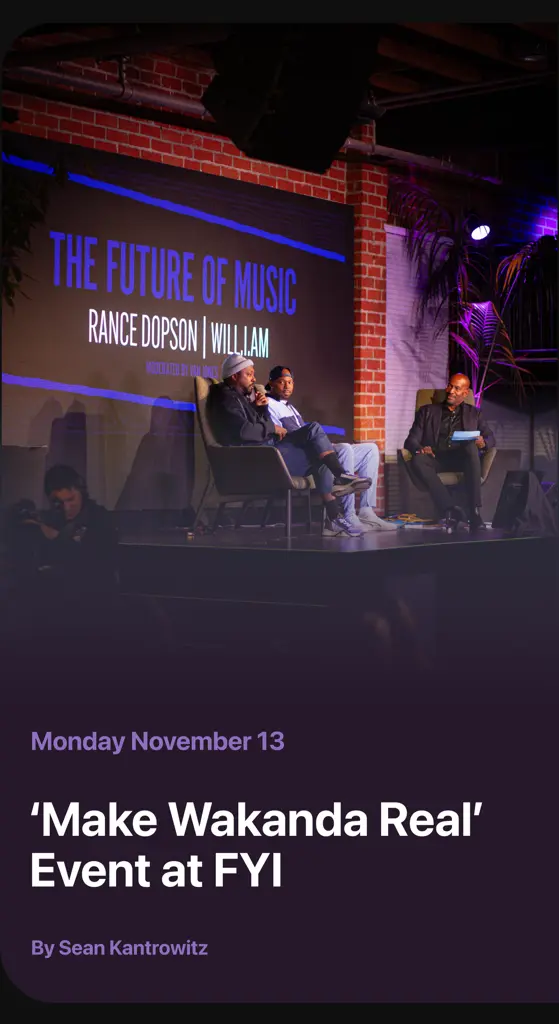
Last week FYI hosted ‘Make Wakanda Real,’ a collaborative event co-hosted by Van Jones and will.i.am.
The event featured discussions and presentations from an array of creatives, entrepreneurs, and innovators focused on shaping the future of technology and humanity.
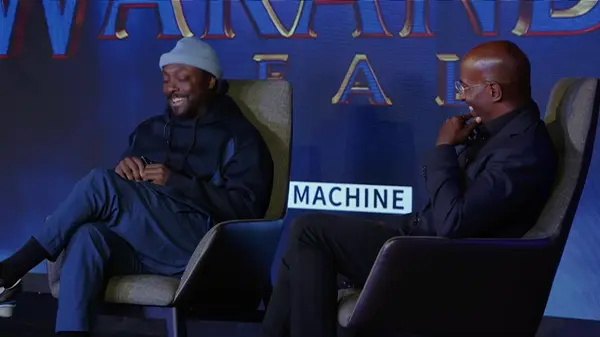
Panelists included 1500 Sound Academy founder Lawrence “Rance” Dopson, Black Economic Alliance CEOs Samantha Tweedy and Dr. Kelly Burton, music tech company CreateSafe’s CEO Daouda Leonard, XR Creator/Consultant Don Allen Stevenson III, and many more. The event kicked off with a musical performance by Victory Boyd and closed with a performance by Aloe Blacc.
You can watch highlights from the event below:

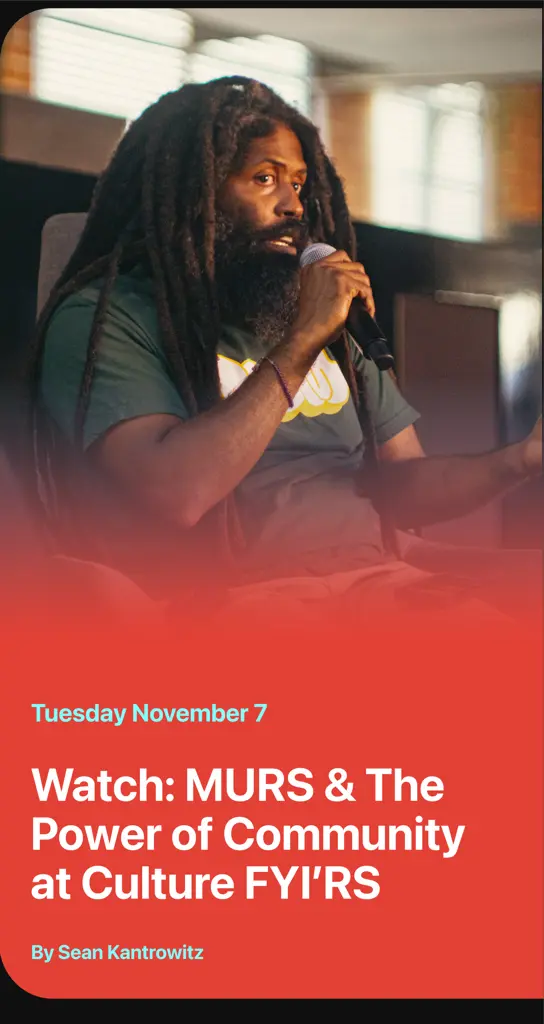
Last week we welcomed hip-hop icon and Los Angeles independent artist MURS as the guest speaker at Culture FYI’RS. And now you can watch footage his presentation “How Community Builds Careers” below:
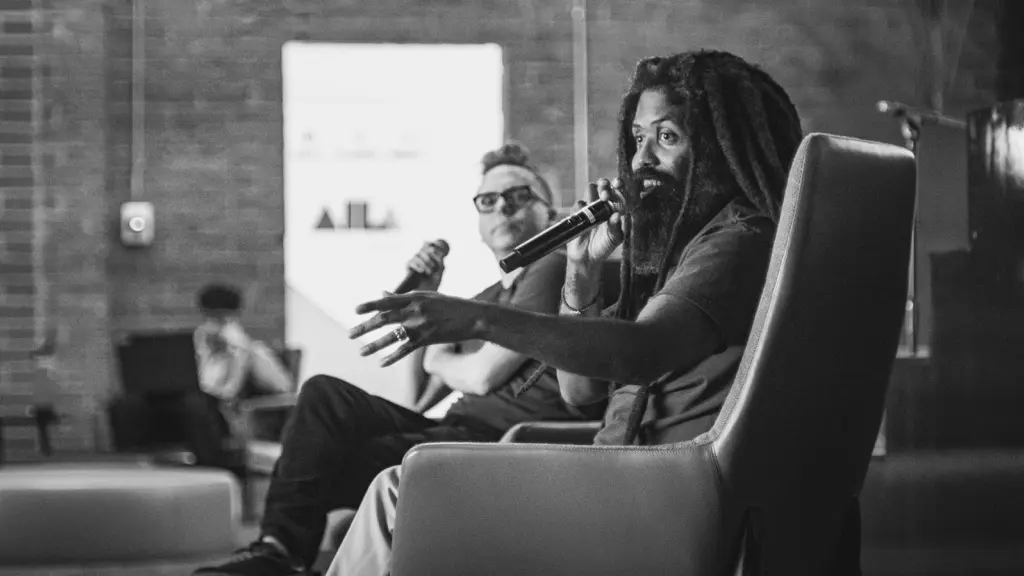
MURS shared how his own concept of community was rooted in gang culture, and how his experiences as an artist led him to take notes from the open mic scene as well as the world of music festivals to further inform his perspective.
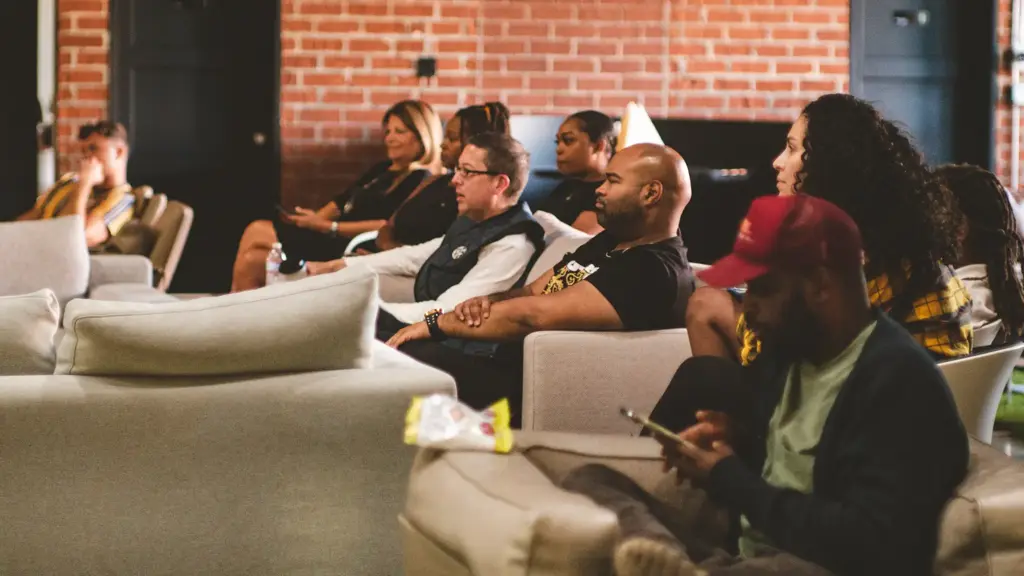
He’s synthesized all of those influences into his Groundwaves program, in which he mentors artists and brings together a community of creators who can build their craft together. The program has been launched in various regions across the United States, including Ft. Collins, Tulsa, and Northwest Arkansas.

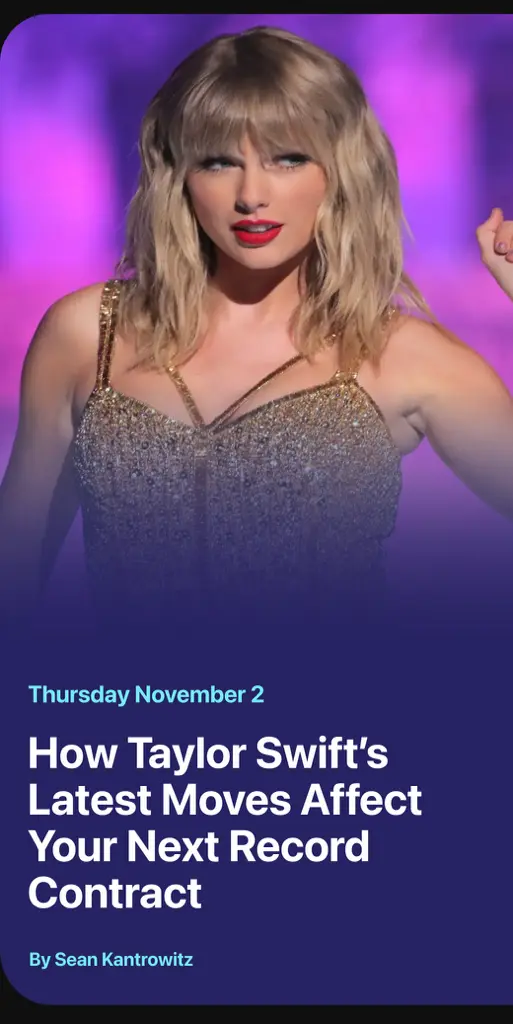
The success Taylor Swift has enjoyed through the reclamation of her catalog has been something of an unprecedented move in the music industry.
If you’ve paid even slight attention to the rumblings of the music industry, you know by now that the superstar has been re-recording her earlier studio albums after she was denied the right to buy back those songs from music manager Scooter Braun, who acquired her former label Big Machine Records in 2019.
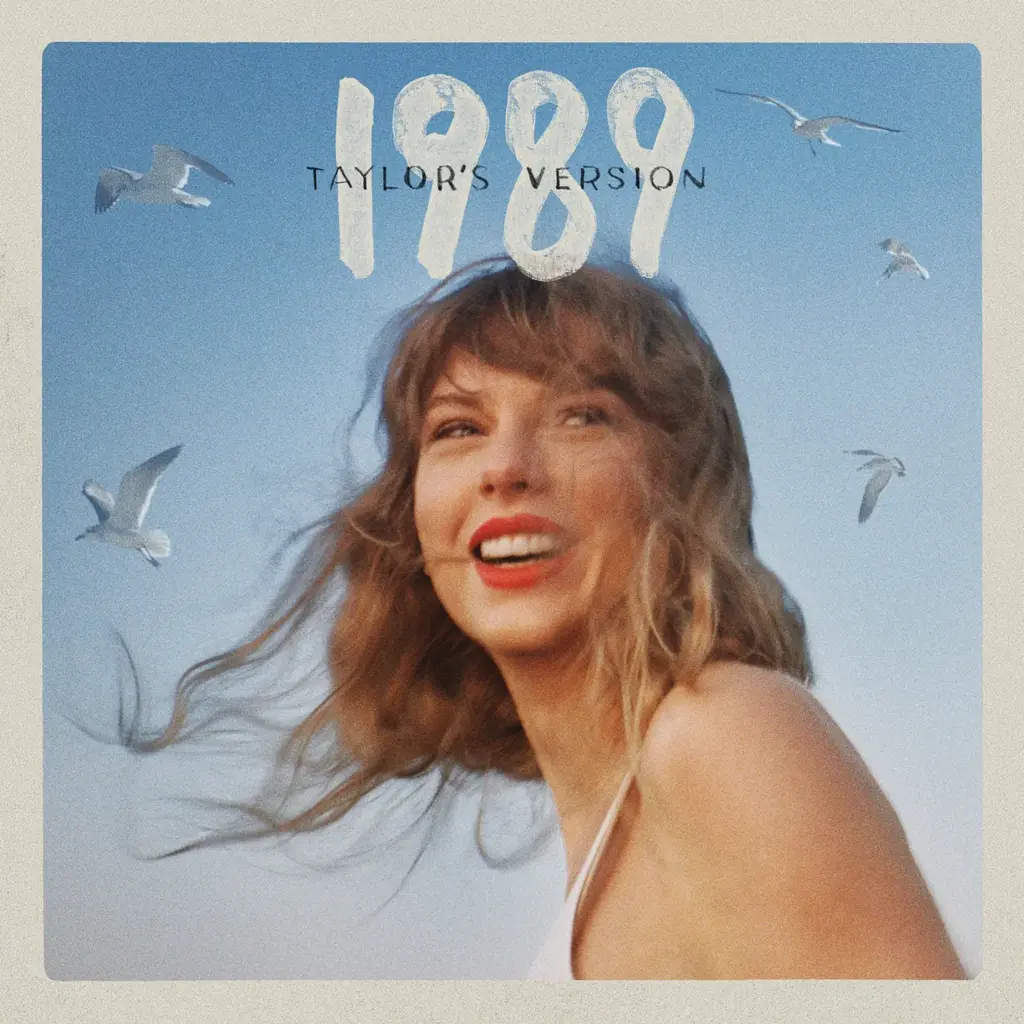
Those re-recordings have actually outperformed their original counterparts. And so it was only a matter of time before labels took note of this phenomena and have now made moves to implement stricter contract terms that will prevent artists from pulling a similar move that could devalue their original works.

Major record companies like Universal Music Group, Sony Music Entertainment, and Warner Music Group have extended the waiting period their contracts typically require artists to adhere to before re-recording their material; whereas in the past, that period was usually five to seven years after the original release date, they will now be 10, 15, or 30 years. In some cases, the labels may implement a perpetuity clause that would restrict artists from ever re-recording their material.
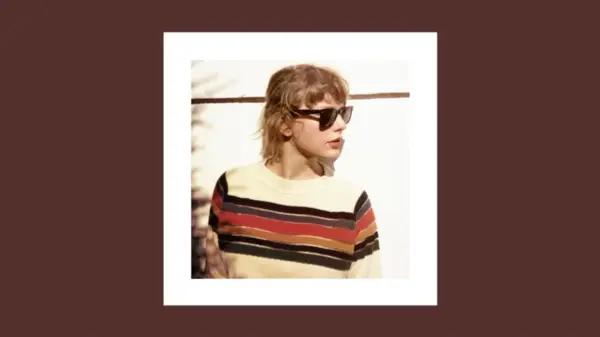
Other artists have re-recorded songs in the past – TLC notably re-recorded smash hits “Waterfalls” and “No Scrubs” for TV and movie synchs. But the development in response to Swift’s moves certainly indicates yet another indicator for the often-tenuous relationship between artist and label.
Josh Binder (an attorney who represents SZA, Marshmello, and others – spoke to Billboard regarding the issue. “It doesn’t offend me so much. Rarely does it come into play where the re-record treatment is even used,” he says. “[The labels’] position is, ‘Hey, if we’re going to spend a bunch of money creating this brand with you, then you should not try and create records to compete with us.’ We try and fight it. We try and make it as short as possible. But I don’t find it to be the most compelling issue to fight.”
What do you think about artists being able to re-record their material? Does this adjustment to contracts seem reasonable or is it a violation of artists’ creative freedom? Weigh in in the Discussion.

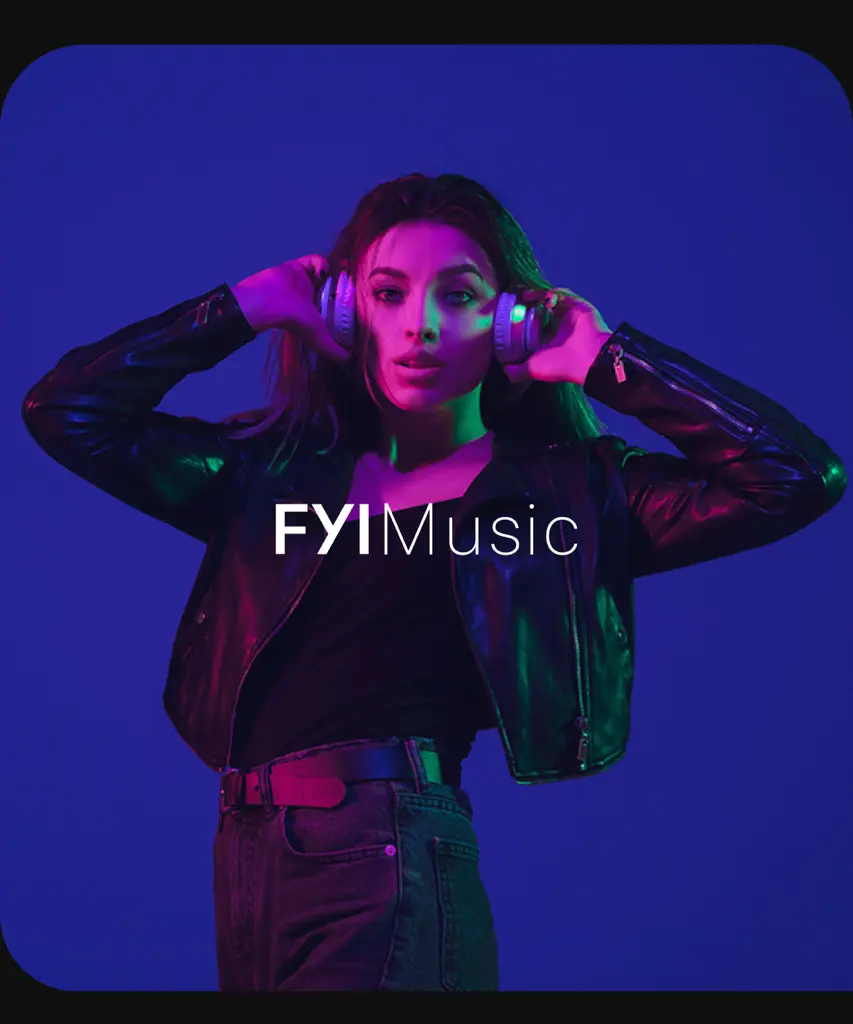

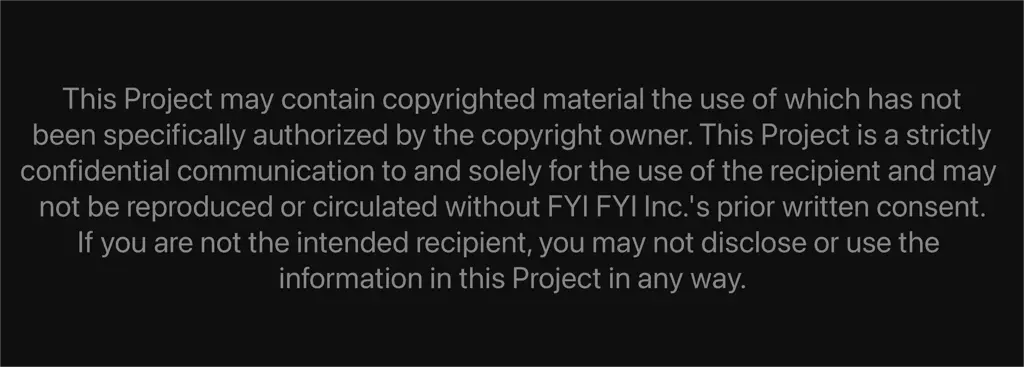

Project by
Sean Kantrowitz